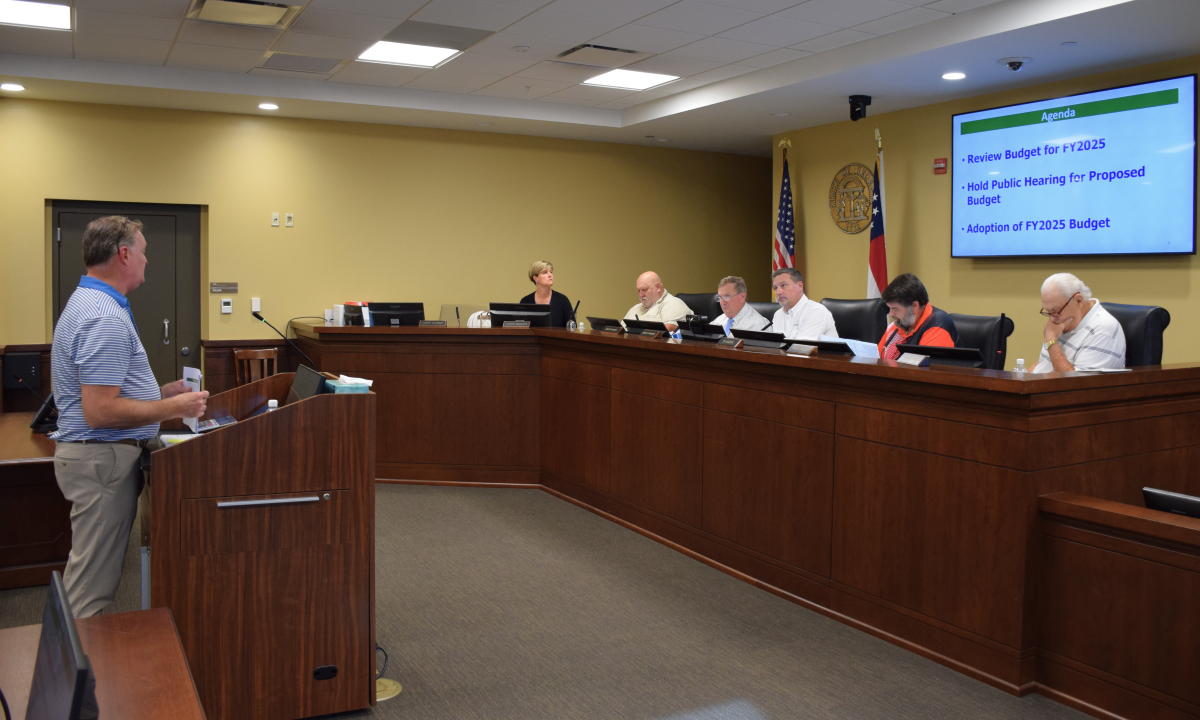
Report focuses on economic disadvantages associated with lack of high speed internet. Georgia’s top Windstream official urges “patience.”
Millions of Americans today lack access to effective broadband service and many rural Georgians are among them. It’s an issue that’s grabbed the attention of state politicians and, now, the national media.
CBS This Morning on Friday reported on the economic struggles facing Northeast Georgians and others who live in communities that lack broadband infrastructure.
The Federal Communications Commission (FCC) this week committed over $2B in subsidies over the next decade to help telecom companies expand rural broadband.
Congress also is considering legislation that would incentivize broadband infrastructure investment and foster market competition.
Georgia’s 9th District Congressman Doug Collins recently introduced the Gigabit Opportunity Act or GO Act. It would allow companies to defer certain capital gains taxes when they convert those gains to long-term investments in broadband infrastructure within state-designated “Gigabit Opportunity Zones.”
Companies also would be allowed to expense the cost of expansion on the front end in ‘GO Zones’.
“Countless communities in northeast Georgia and across the country have seen their growth stalled by a lack of meaningful broadband access. In the twenty-first century, education, jobs and economic success are tied to digital infrastructure, and I’ve introduced the GO Act to increase broadband investment in rural America through smarter, simpler policies based on market competition,” says Collins.
In addition to Collins, CBS interviewed Windstream President of Operations Jarrod “J” Berkshire. Windstream is one of rural American’s largest internet providers and the sole provider in many parts of Georgia.
“We are working as hard and as fast as we can to get as close to the customers as we can,” Berkshire says. “It’s a challenge of economics, if you will. Trying to get further out into the rural network with the density being more and more spread out – population being more and more spread out – it’s a challenge no matter what provider you are.”
Collins, an outspoken critic of Windstream who’s taken to publicly challenging the company on behalf of his rural constituents, says the legislation he’s proposed will help remove the burdens of outdated public policies on the broadband industry. It dovetails with the FCC’s plan to support government efforts to streamline broadband regulations.
Senator Shelley Moore Capito (R-W.Va.) introduced the Senate companion bill, which FCC Chairman Ajit Pai commended as “an important step toward closing the digital divide.”
As for Windstream, Berkshire urges rural customers to be patient. “Patience,” he says. “We’re going to get there.”







